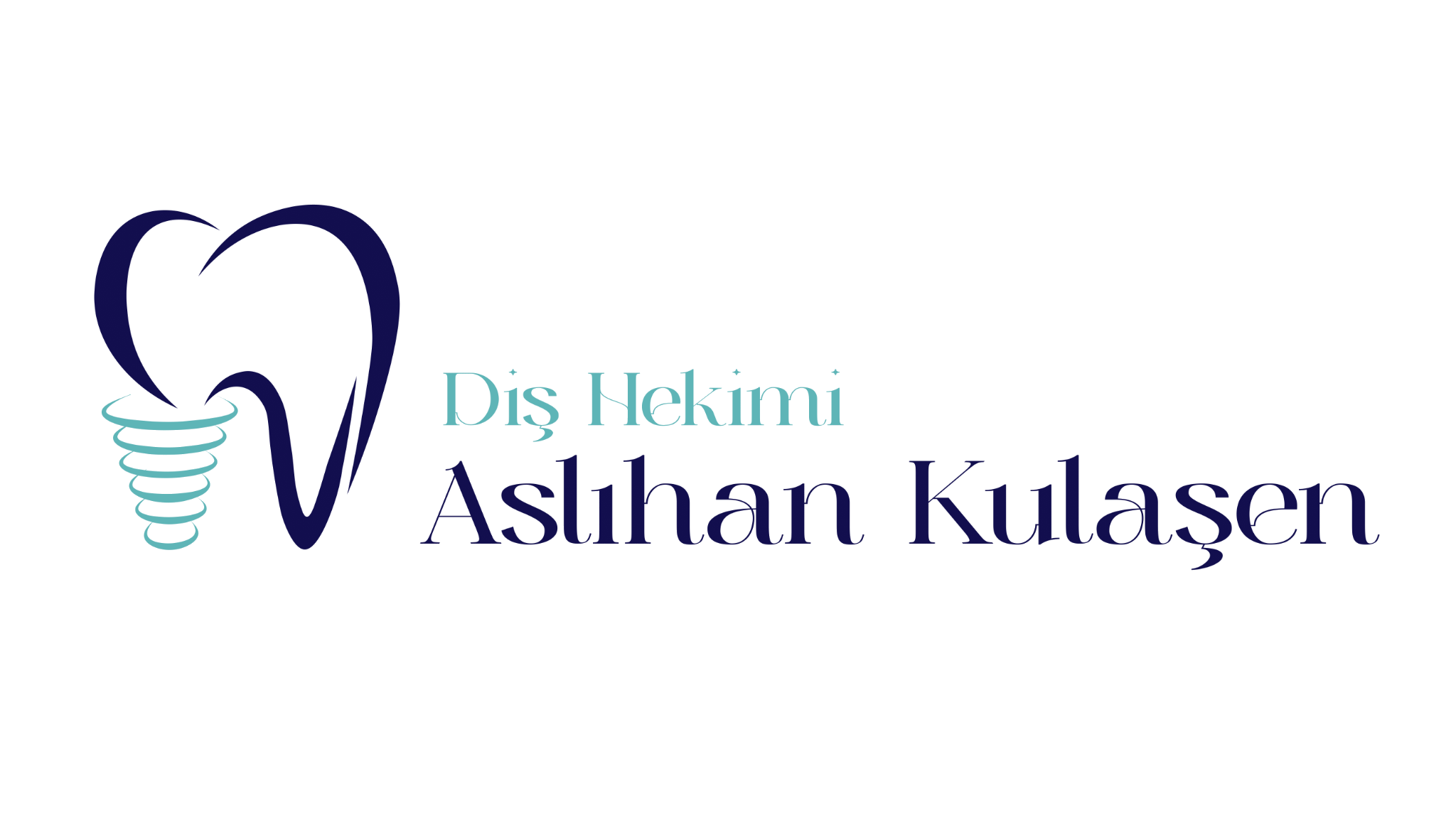All On Four İmplant
Dental implants provide both the appearance and functionality of natural teeth. The All-on-Four technique is a treatment method that allows a fixed dental prosthesis to be attached on the same day to four dental implants placed at specific angles in completely edentulous (toothless) patients.
How is the All-on-Four Procedure Performed?
For patients considering All-on-Four treatment, clinical and radiological evaluations are first performed. Measurements are taken using a computed tomography (CT) scan, and a personalized treatment plan is created.
The procedure consists of two stages: surgical and prosthetic. On the day of treatment, four dental implants are placed in predetermined positions, and a temporary fixed prosthesis is attached to the implants on the same day. After approximately three months of healing, permanent dental prostheses are prepared and fitted.
Who Is a Candidate for All-on-Four Treatment?
This treatment is suitable for completely edentulous patients (those with no teeth) who do not have any systemic conditions that would contraindicate implant surgery and who possess sufficient bone volume.
The temporary prosthesis attached to the implants can be used immediately after surgery. However, during the three-month osseointegration period (the process by which the implants fuse with the bone), patients should follow a recommended soft-food diet. Once healing is complete, a permanent prosthesis is placed, and normal eating habits can resume.
Is All-on-Four a Reliable Technique?
Yes. The All-on-Four technique has been successfully used in dentistry for over 10 years. It offers a reliable, fast, and cost-effective solution. Despite requiring additional expertise, technology, and precision, it is widely adopted by experienced practitioners and has a very high success rate.
What Are the Advantages?
- Allows for a fixed prosthesis to be placed in a single surgical session, on the same day
- Avoids advanced surgical procedures such as sinus lifting or bone grafting
- Shorter surgical time compared to conventional implant procedures
- Lower cost due to fewer implants and no additional surgical procedures
- Provides excellent aesthetics and smile design through personalized planning
- Easy to clean and maintain
- Ideal for patients who cannot tolerate removable dentures
- More comfortable to wear, as the design does not cover the palate like traditional dentures
- Fewer clinical visits, making it ideal for patients traveling from other cities or countries
- Patients can return to daily activities comfortably and pain-free shortly after the procedure
Number of Teeth
The fixed prosthesis consists of 12 teeth.
